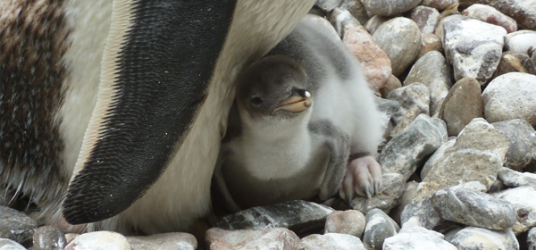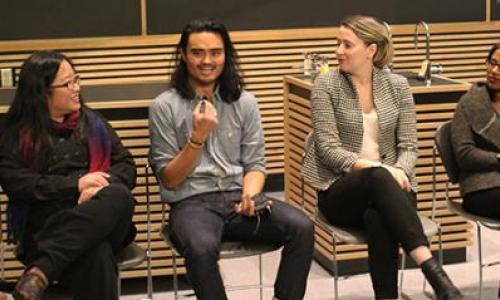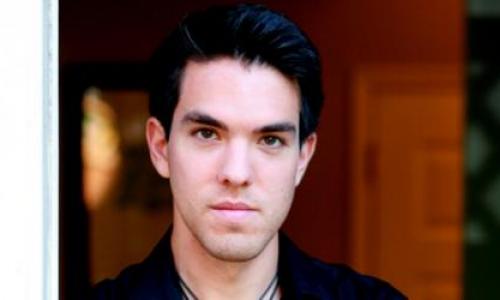
"Okay, so strengths aren't just about being good at something, they're also about how hard you work..."
Right. Seems like they've got the main point here, that talent doesn't do much for you if you're not willing to put a lot of effort into it. Seems like we've moved past the decidedly unhelpful desire to help people, so it might be that we can talk a bit about what their actual strengths might be. A straight-up question might do the trick.
"What are my strengths? Hmm... I guess that's the problem. I'm not sure what my actual strengths are. That's a really weird thing to say! Wow - is that pathetic? That I can't even think of one strength I have?"
Uh oh - they're going to the dark place. This conversation won't be that helpful for them if they start feeling really bad about themselves. The not-so-funny thing is, a surprising number of people are in the same boat as they are - way more versed with their weaknesses than they are with their strengths. Maybe if I can normalize this experience, they won't feel as bad. Most of the people I talk to, after all, have a hard time talking about what they're great at. It's probably the fundamental reason they end up in my office in the first place, whether or not they realize it.
"Really? Hmm... I think that's kinda sad. I guess it's nice to know I'm not the only one, but it's still messed up."
It is sad. One of the saddest things about my work, if I'm being honest (that's an out-loud thought).
"I mean, I can think of so many things I'm terrible at."
I'm not surprised by that, either. It's not their fault, though. Ultimately, they're telling a story about themselves, in which they have to overcome their weaknesses in order to achieve success. It's a very popular story, sometimes referred to as "rags to riches." If they were to ask me, I'd say it's a distillation of a larger societal narrative - we'll call it "The American Dream" - that glorifies a sort of idealized meritocracy, in which anything can be overcome if only one works hard enough. Actually, I like that conceptualization so much that I'll think it out loud, too.
"I guess that makes sense. Everyone thinks they can make it big, but there's only so many people who will. But wait, didn't you just say that hard work was just as important as talent? Now you're saying that hard work isn't enough?"

I know it seems like a contradiction, but I don't think that's really a problem. No, hard work is not enough. Neither is simply being good at something. But hard work invested in an area of weakness isn't really an efficient use of time and energy. Hmm... I think it's time for a metaphor. Baby penguins! They're just terrible at moving across land. No matter how hard they try, they're not going to get any better at it, and there isn't really any pay-off for all of that work, unlike say - a baby tiger. Put them in their natural underwater environment though, and they're a force to be reckoned with. The more time and effort they put into learning to swim, the better they get. The better they get at swimming, the more food they're able to catch. The more food they catch, the more likely they are to survive and thrive. Put a tiger in the ocean, though...

"I'm a baby penguin? So you're saying that I need to jump into the ocean or something, right?"
Penguins do love the ocean. Now... some well-placed silence, so they can finish the thought.
"I thought I just wanted to help people, that that would be meaningful enough for me to be happy with my work. So... I guess I've been thinking about this from the wrong end. It's not about helping people so that I can feel like I'm making a difference. It's about knowing myself, what my strengths are - whether I'm a penguin or a tiger - then exploring what's out there, what environments are going to help me grow..."
There it is! There's a bit more though...
"And if I'm in an environment where I can use my strengths and I'm constantly growing... then I will be helping people!"
I'm so proud....
"Wow - that makes things a lot clearer. But I still don't know what my strengths are. Hmm... I've always like the idea of being a doctor - maybe I'd be good at that! Know any good med school programs?"
....And that's the problem with helping people.
















